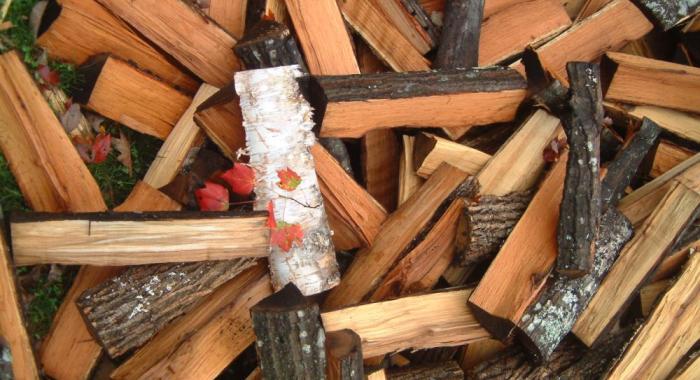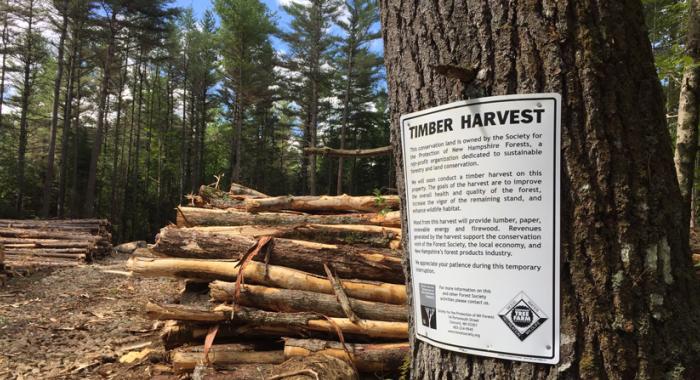Forest Society Blog - News & Features
Search filters
Results

Forest Journal: Wood Warms You Twice — At Least
There’s a comforting quality to homegrown wood heat — flickering flames — whether it’s a backyard campfire or for home heating.
- Tags:
- Wood Energy,
- Working Forests
Biomass Plants Shut Down after Governor Sununu's Veto of Subsidy
July 5, 2018- Tags:
- Wood Energy
NHPR: Wood Pellets Swift Rise Tests Supply Chain
December 29, 2014The number of homes in New Hampshire using wood for heat has more than doubled over the last decade, from 3.8 percent in 2005 to 8.6 percent in 2013. Much of that increase comes from wood pellets. Pellets have advantages over cord-wood – they are less work and burn more cleanly – and are cheaper than fuel oil or propane. But the fuel’s rapid growth has meant the pellet industry has earned a few black-eyes from the occasional shortage, and manufacturers and retailers are struggling to figure out how to smooth out their supply chain.
- Tags:
- Wood Energy

